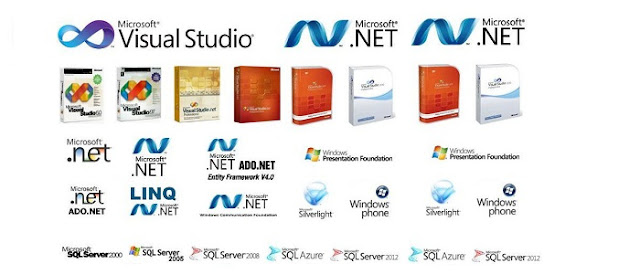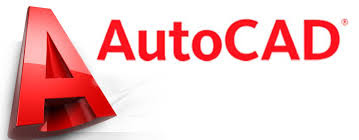Career And Industry Scope Of .NET:
.NET
is a software framework developed by Microsoft which provides a controlled
programming environment where development, installation and execution of the
software can be done on windows based operating system. The Advanced .NET
Training offers knowledge about .NET framework that supports the building and
running of next gen applications and XML web services. The features of .NET
software framework can be classified as :
•.NET is a
platform independent of technology
• .NET supports multiple languages
• Common language runtime engine
• Framework class library
• Simplified Deployment
• Portability
• Security
• .NET supports multiple languages
• Common language runtime engine
• Framework class library
• Simplified Deployment
• Portability
• Security
History of .NET:
Before .NET technology, the Microsoft family had 3
technologies which were playing a very important role in IT Industry. They were
VB, VC++ and ASP. But these technologies had certain drawbacks like platform
dependency and it was used to develop only windows or web applications.
Microsoft started to develop .NET in late 1990s under the name of Next gen
Window Service. By late 2000, the first beta version of .NET 1.0 was released.
The Development tools in different generations are:
Visual Studio: Generation 1.0
Visual Studio 2003 : Generation 1.1
Visual Studio 2005 : Generation 2.0
Visual Studio 2008,10,12,13 : Generation 3.5,4.0,4.5,4.5.1
Visual Studio 2003 : Generation 1.1
Visual Studio 2005 : Generation 2.0
Visual Studio 2008,10,12,13 : Generation 3.5,4.0,4.5,4.5.1
Career And Industry Scope Of
.NET:
The applications of advanced
.NET training are immense in various sectors. Students well versed in advanced
.NET training can go in the field of window applications, web applications and
mobile applications development, since these applications are used to develop
desktop apps, web apps, etc. Hence the scope for career growth after completing
advanced .NET training is immense in India and abroad.
Students can rise in their career if they have good experience in the software field. There are a lot of professionals who are educated but a few professionals who are highly skilled, hence getting skilled in .NET training in Noida along with certification from NCA can help Indian as well as NRI students to get jobs in software companies easily.
Students can rise in their career if they have good experience in the software field. There are a lot of professionals who are educated but a few professionals who are highly skilled, hence getting skilled in .NET training in Noida along with certification from NCA can help Indian as well as NRI students to get jobs in software companies easily.
STEPS TO LEARN .NET:
To be efficient software
professional, one should start learning the C# language and ASP.NET technology
so that students can get a glimpse of the window application, mobile
applications and web applications. In addition, if they learn SQL for database
management it gives a good knowledge base in managing the technology. After
that the basics and depth of .NET is learned in comprehensive way.
After mastering .NET students can foray into advanced .NET Training to enrich their skills more efficiently and increase their chances of getting placed. NCA provides students with 6 months advanced.NET training that develops their technical skill and accelerates career opportunity.
After mastering .NET students can foray into advanced .NET Training to enrich their skills more efficiently and increase their chances of getting placed. NCA provides students with 6 months advanced.NET training that develops their technical skill and accelerates career opportunity.
Core .NET concept:
§ Use of
.net
§ DNA arch.
§ One tier
§ Two tier
§ Three tier
§ n- tier
§ OOP concept:
§ Encapsulation attribute
§ Define Constructor
§ Define methods and their type
§ Overloading methods and constructor
§ Inheritance hierarchies
§ Implementation inheritance hierarchies
§ Core concepts of constructor
§ Method overloading, overloading and hiding concepts
§ Abstract and scaled classes
§ Exposing interface
§ Interface polymorphism
§ Play with namespace
§ Class access Modifiers
§ Partial Class




Comments
Post a Comment